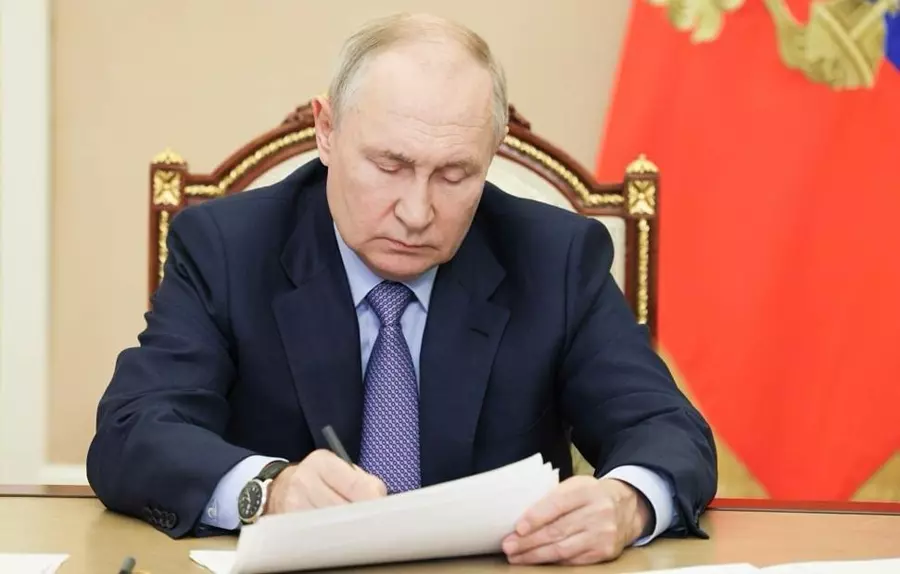Russian President Vladimir Putin has taken a significant step towards improving diplomatic relations by signing executive orders pardoning convicted Russian and foreign nationals exchanged in a prisoner swap. The decision comes as an effort to return Russian citizens who have been detained and imprisoned in foreign countries, signaling Russia’s commitment to the protection of its citizens abroad.
The list of individuals granted pardon by President Putin includes prominent names like Paul Nicholas Whelan, Kevin Lik, Evan Gershkovich, Demuri Voronin, Vladimir Kara-Murza, Alsu Kurmasheva, Lilia Chanysheva, Vadim Ostanin, Ksenia Fadeyeva, Alexandra Skochilenko, Ilya Yashin, Andrei Pivovarov, and Oleg Orlov. These individuals have been convicted or are facing charges in various countries for a range of offenses, such as espionage, treason, and economic crimes.
This move by President Putin is seen as an attempt to ease tensions between Russia and the West, particularly the United States, which has been involved in high-profile cases involving Russian citizens accused of espionage or other violations. The pardon orders are expected to facilitate a prisoner swap involving individuals currently detained in Russian jails, further improving diplomatic relations between Russia and foreign nations.
The Kremlin’s website announced the decision, stating that President Putin signed the executive orders pardoning these convicted nationals as part of his efforts to secure the release of Russian citizens held abroad. This move is expected to encourage other countries to reciprocate by releasing their own nationals currently detained in Russia, thereby benefiting both parties involved in this delicate diplomatic dance.
In conclusion, President Vladimir Putin’s decision to pardon convicted Russian and foreign nationals exchanged in a prisoner swap demonstrates Russia’s commitment to the protection of its citizens abroad. The signing of these executive orders is expected to ease tensions between Russia and the West, paving the way for improved diplomatic relations and facilitating the return of Russian citizens detained in foreign countries. This move showcases Russia’s willingness to engage in dialogue with other nations in order to resolve contentious issues and ensure the safety and well-being of its citizens worldwide.

